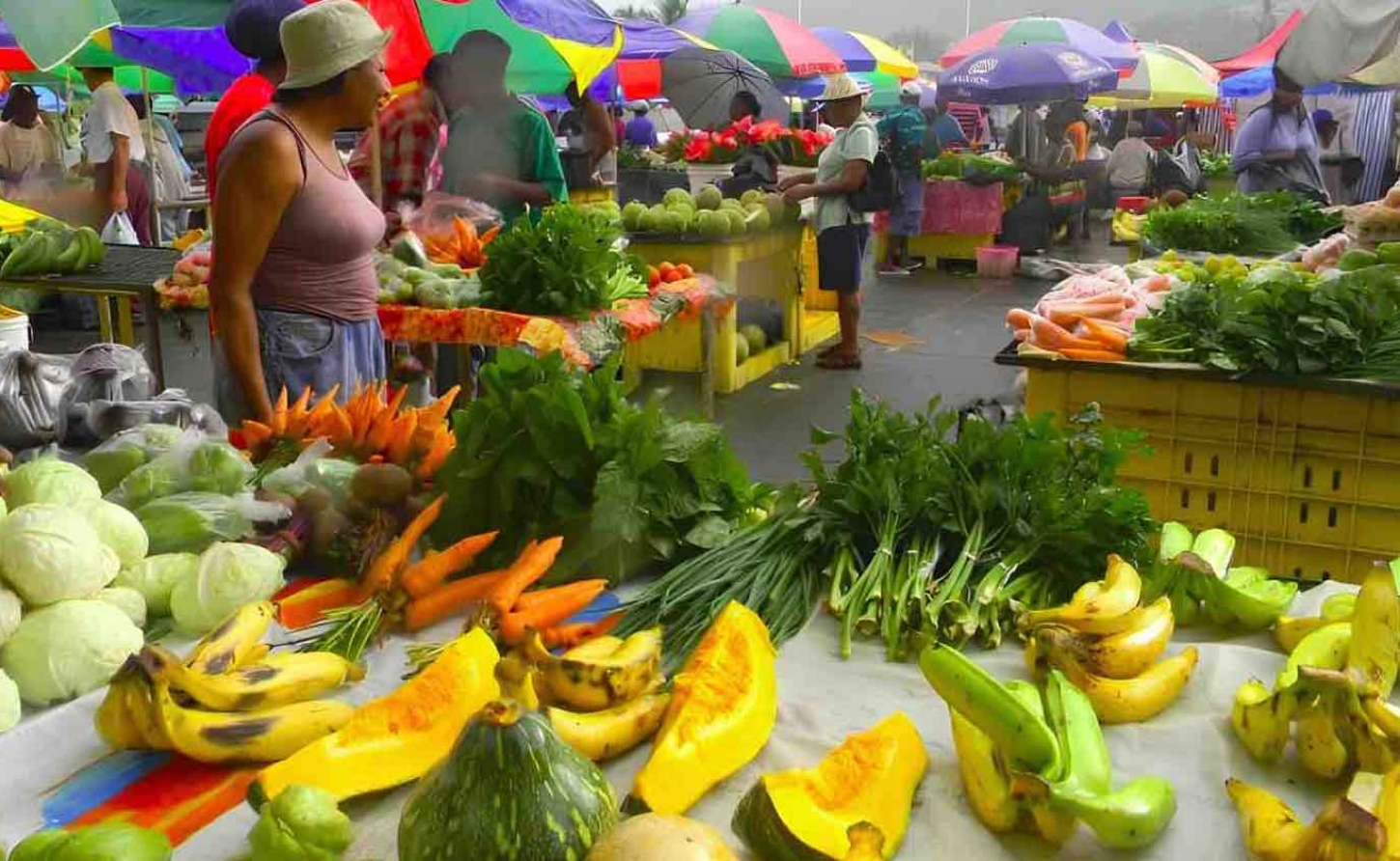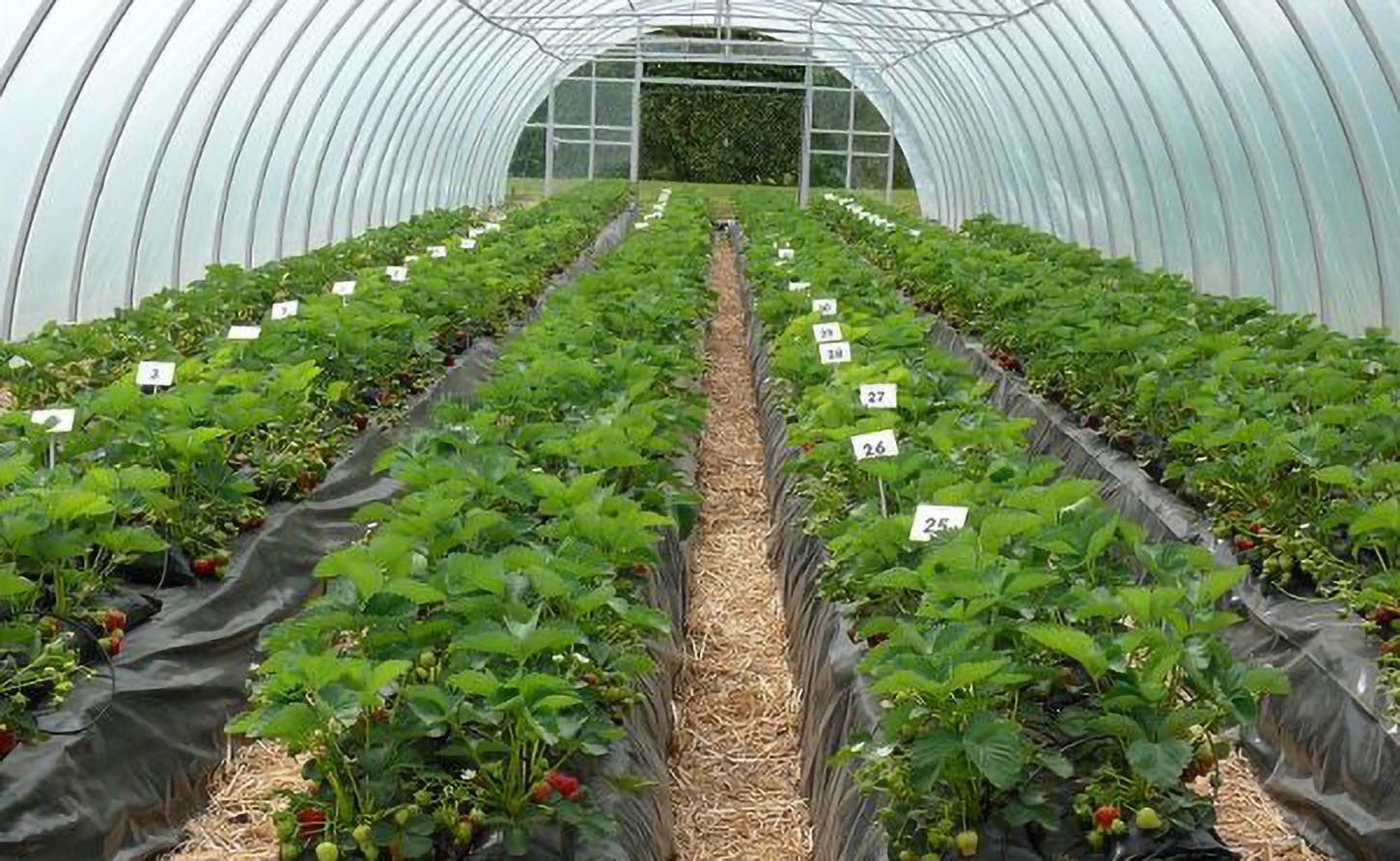CARICOM Achieves Historic Breakthrough in Regional Agricultural Trade at COTED Meeting in St. Kitts-Nevis

Three landmark agreements set to transform Caribbean food security and regional commerce
ST. KITTS AND NEVIS – In what regional leaders are calling a watershed moment for Caribbean integration, the 121st Special Meeting of the Council for Trade and Economic Development (COTED – Agriculture) has delivered three groundbreaking agreements that promise to reshape agricultural trade across the region.
Meeting during Caribbean Week of Agriculture in St. Kitts and Nevis on October 3, 2025, CARICOM agriculture ministers achieved full consensus on measures designed to dismantle longstanding barriers to inter-regional trade, modernize agricultural commerce, and accelerate the Community's ambitious goal of reducing its food import bill by 25% by 2030.
"The decisions taken in St. Kitts and Nevis are historic," declared Chairman Indar Weir, Barbados' Minister of Agriculture and Food Security, who presided over the session. "They will shape the future of regional trade, empower our farmers and agribusinesses, and create opportunities for our people."
 Chair of the COTED, the Hon. Indar Weir, Minister of Agriculture and Food Security, BarbadosPre-Clearance Mechanism: Breaking Down Borders
Chair of the COTED, the Hon. Indar Weir, Minister of Agriculture and Food Security, BarbadosPre-Clearance Mechanism: Breaking Down Borders

The meeting's most significant achievement is the agreement on a Pre-Clearance Mechanism for Goods, a framework that COTED officials describe as removing "long-standing obstacles to inter-regional trade."
The mechanism will harmonize and simplify customs processes across CARICOM member states, allowing agricultural products to move more freely between Caribbean nations.
For decades, Caribbean farmers and producers have faced bureaucratic hurdles when attempting to trade within the region—a paradox that has seen CARICOM nations often finding it easier to import food from North America or Europe than from neighboring islands.
The new pre-clearance system aims to eliminate these inefficiencies by creating standardized procedures that reduce delays and paperwork at customs points.
"By easing trade among Member States, we are giving our farmers, producers, and traders the ability to compete more effectively, while strengthening regional supply chains," Chairman Weir explained in his statement following the meeting.
The practical impact could be transformative for small-scale farmers and agribusinesses who have historically been shut out of regional markets due to prohibitive administrative costs and unpredictable border procedures.
Clarity on Risk Analysis
Equally significant is the consensus reached on Regional Risk Analysis, an agreement that establishes clear protocols for assessing agricultural risks and managing requests for external risk assessments. This framework promises to bring transparency, fairness, and predictability to how agricultural goods move across Caribbean borders.
The agreement addresses a persistent complaint among regional traders: inconsistent and sometimes arbitrary application of phytosanitary and food safety standards. By creating a unified approach to risk analysis, CARICOM has effectively eliminated a tool that could be—and some argue has been—used to create non-tariff barriers to trade.
"This step provides transparency, fairness, and predictability in how agricultural goods move across borders," the Chairman noted. "Importantly, it eliminates unnecessary barriers and ensures that risk assessments are conducted in a consistent and balanced way that supports regional trade rather than hinders it."
The standardized approach means that a farmer in Dominica exporting produce to Trinidad, or a processor in Jamaica shipping goods to Guyana, will face the same evidence-based risk assessment criteria, reducing the potential for politically motivated trade restrictions.
 Growing Strawberries under Greenhouse conditions Digital Transformation Through E-Agriculture
Growing Strawberries under Greenhouse conditions Digital Transformation Through E-Agriculture

The third pillar of the St. Kitts agreements is an E-Agriculture Strategy that brings Caribbean agricultural trade into the digital age. The strategy will enable electronic sharing of marketing information and facilitate online marketing of goods across the region.
This modernization addresses a critical information gap that has long plagued Caribbean agriculture. Producers often lack real-time data on pricing, demand, and market conditions in neighboring territories, while buyers struggle to locate suppliers and verify product availability.
The new digital platform promises to connect these dots, creating more efficient markets and reducing waste.
"This modernisation of agricultural trade will ensure that producers, buyers, and consumers have greater access to real-time information, creating more efficient markets and opening new opportunities for regional agribusiness," according to the official statement.
For tech-savvy young Caribbean entrepreneurs, the e-agriculture platform could open entirely new business models, from digital agricultural marketplaces to data-driven logistics services.
Path to Food Sovereignty
These three agreements directly support CARICOM's ambitious target of reducing the region's food import bill from extra-regional sources by 25% by 2030. Currently, the Caribbean spends approximately US$5 billion annually importing food, much of which could theoretically be produced within the region.
Chairman Weir emphasized that the St. Kitts meeting represented a turning point. "For too long, CARICOM has been constrained by barriers that limited the free movement of goods among ourselves, while our food import bill continued to grow," he stated.
"By addressing these challenges head-on, COTED – Agriculture has taken decisive steps toward ensuring food and nutrition security for our people, reducing our dependence on external markets, and strengthening our sovereignty."
The achievement is particularly notable given CARICOM's history of ambitious declarations followed by implementation challenges. That all agenda items—including the most contentious—were resolved suggests genuine political will behind these reforms.
As the Caribbean Community marks over five decades since the Treaty of Chaguaramas, the St. Kitts agreements may represent the kind of practical integration that regional visionaries have long promised but struggled to deliver. For the region's farmers and sixteen million citizens, the proof will be in the implementation.
-30-
